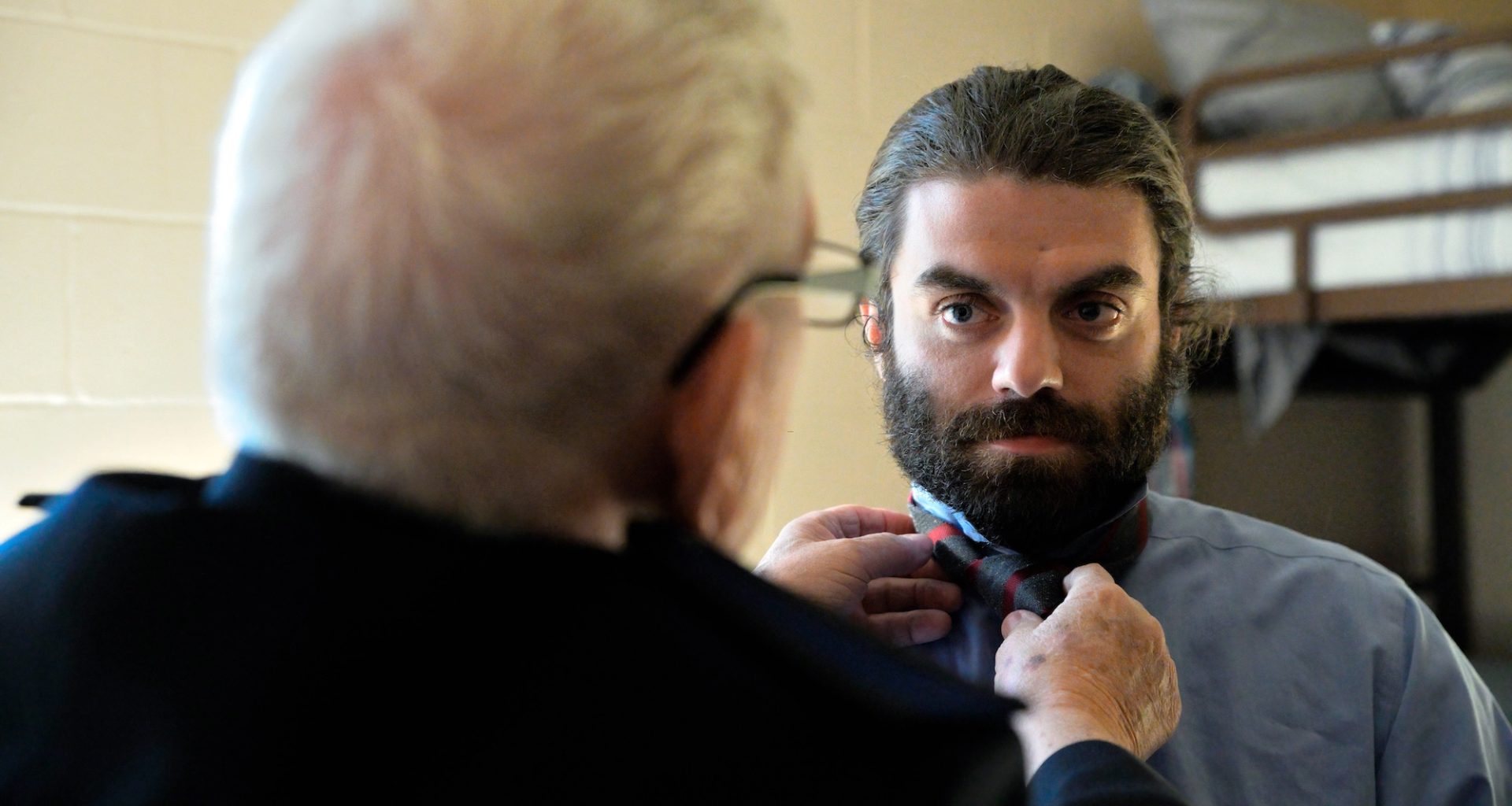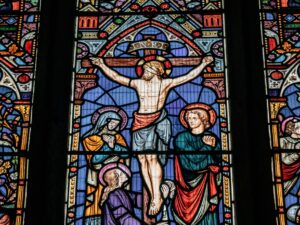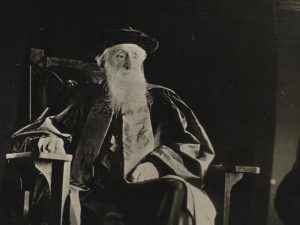Have you heard of the island of Molokai in Hawaii? In the 1800s, when leprosy was incurable and highly contagious, the government would isolate those suffering from the disease on this remote island. It was in 1873 that a brave Catholic priest named Father Damien volunteered to spend his life serving these isolated souls.
When Father Damien arrived, he discovered people suffering not just physically, but emotionally, socially and spiritually. He found extreme drunkenness, immorality, abuse and an overwhelming sense of hopelessness. These were people desperately asking: “Where is God?” They needed God’s presence in their broken lives.
Father Damien lived among 700 lepers, fully aware of the dangers of such close contact with a highly contagious disease. He built hospitals, clinics, churches and even constructed 600 coffins. Through it all, he answered their question about God’s whereabouts with his presence.
This story reminds me of Jesus’ parable of the Good Samaritan found in Luke 10:25-37. When an expert in religious law asked Jesus, “Who is my neighbor?” Jesus responded with a story that challenges us even today.
In short, a man traveling from Jerusalem to Jericho was attacked by robbers. They stripped him, beat him and left him half-dead. Both a priest and a Levite—religious leaders—saw him and walked past. But a Samaritan, despised by Jews and considered an outcast, stopped. He bandaged the man’s wounds, took him to an inn and paid for his care.
This story teaches us powerful lessons about real love. Jerusalem, sitting 2,300 feet above sea level, represents peace, while Jericho, 1,300 feet below sea level, symbolizes destruction. The 17-mile journey was treacherous, filled with narrow roads and ravines where thieves could easily ambush travelers.
In our lives today, it would be hypocritical to claim we love God while ignoring those suffering around us. The priest and Levite represent religious people who attend church but don’t truly love others—those too busy or too “holy” to engage with people in need, those who care more about buildings than people.
But the Samaritan? He came close. Real love doesn’t serve from a distance or just write checks. Real love boards planes to help, walks streets, visits hospitals and prisons. It offers a human touch and presence. Real love doesn’t look down on people except when helping lift them up.
The Samaritan also noticed the man. Many people experiencing homelessness tell me their deepest hurt isn’t when people refuse to give them money—it’s when people act as if they don’t exist. Real love notices the hurting, the hungry, the angry, the helpless, the hopeless and the homeless. It notices those on society’s fringes.
Real love says, “I see you, and you matter.”
Then, the Samaritan showed compassion. You don’t have to love people because you know them or because they resemble you. Love people because they’re God’s creation. How often has our Christian message become meaningless because we lack compassion? Fake love is emotionless, lacks empathy and turns people into projects. Real love is a lifestyle—selfless and unconditional.
As the pandemic subsided, I noticed I was hurting—sad and borderline depressed. Many in our communities are also dealing with loneliness, depression, anxiety and broken hearts. They need someone to bind up their wounds through genuine love.
Finally, the Samaritan invested his resources—his donkey, his money and his time. He allowed his plans to be interrupted to help someone in need. The interruptions in life are where ministry happens.
Real love is costly, yes, but also rewarding.
So who is my neighbor? Not just someone physically near me or similar to me. My neighbor is the stranger, the acquaintance, even the enemy. My neighbor is anyone of another race, culture, religion, background, political party or social status.
My neighbor is every human being created in God’s image.
Father Damien lived this truth. For years, he addressed the lepers as “my dear brothers and sisters.” Then one morning in 1885, at age 45, he calmly began his address with: “My fellow lepers, I am one of you now.”
Out of love, a humble priest became one of them. He answered their question about God’s whereabouts by embodying divine presence among those society had abandoned.
Who is God calling you to love today?
How might you better love those who are difficult to love?
Will you consider stepping outside your comfort zone to show genuine, authentic love?
How can you love more deeply in a world desperate for real connection?
Do Good:
- Get on the list for Good Words from the Good Word and get a boost of inspiration in 1 minute a day with a daily affirmation from Scripture sent straight to your inbox. It’s a bite-sized email to help you start your day with goodness.












